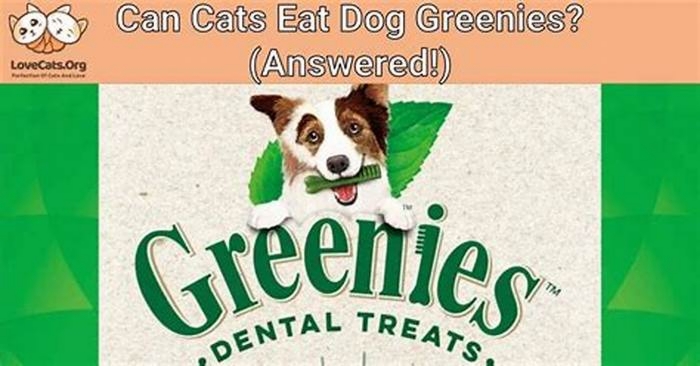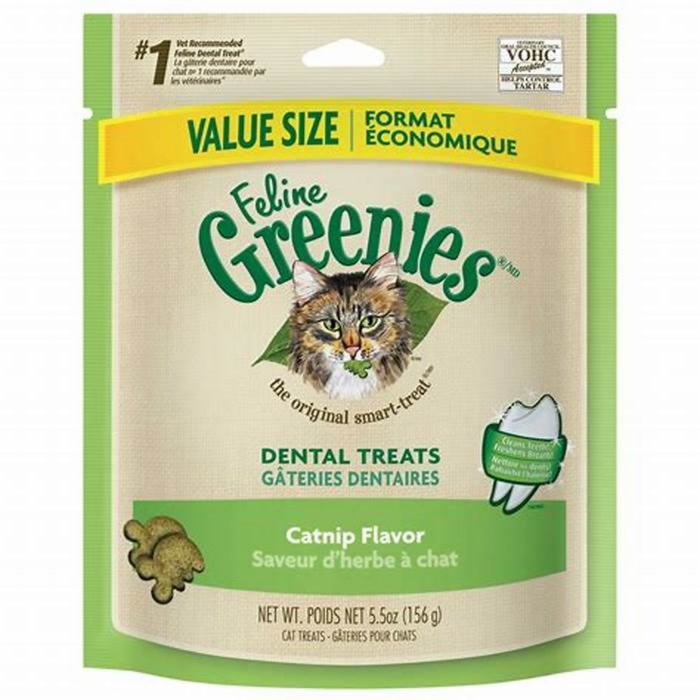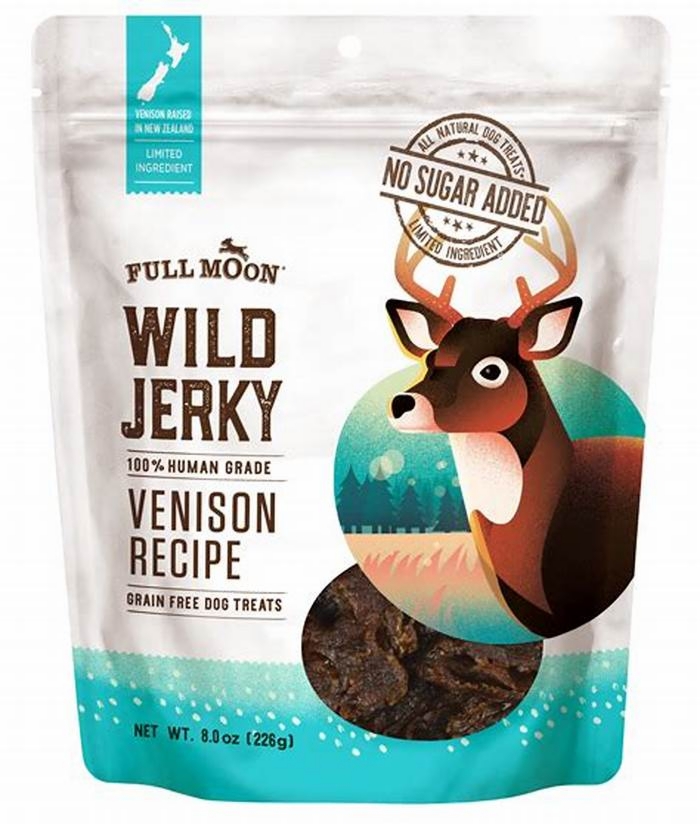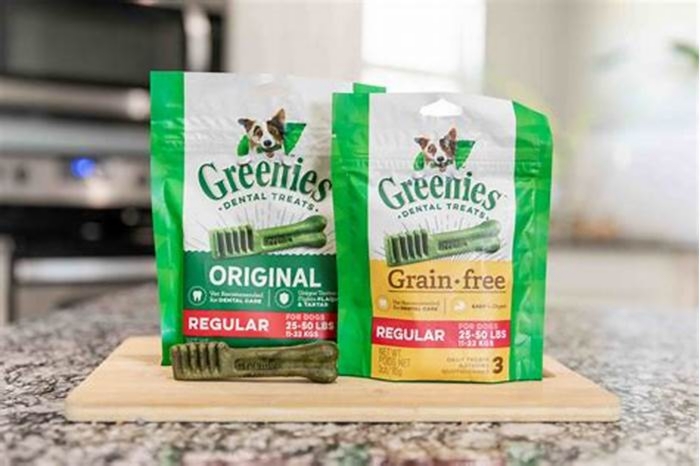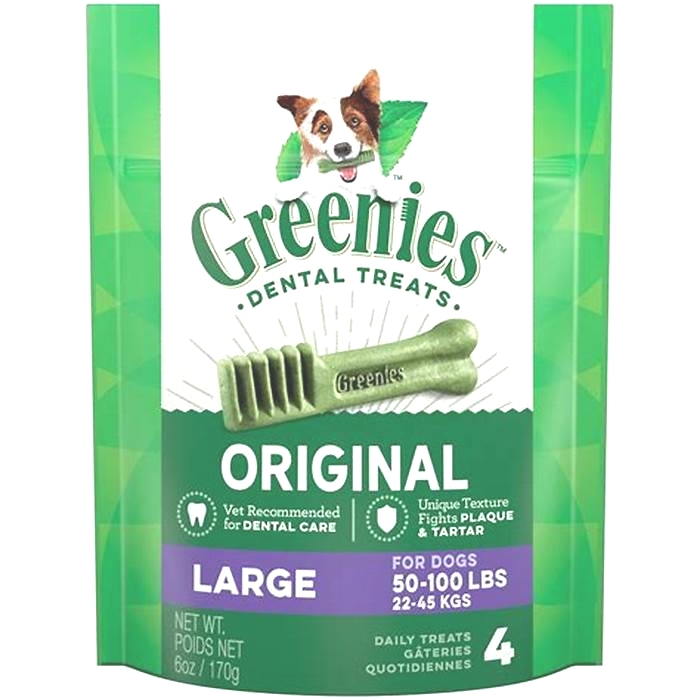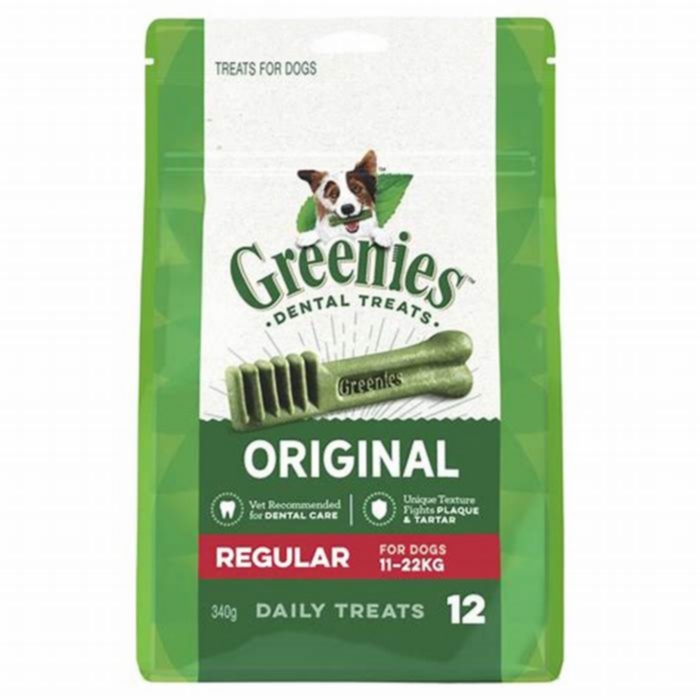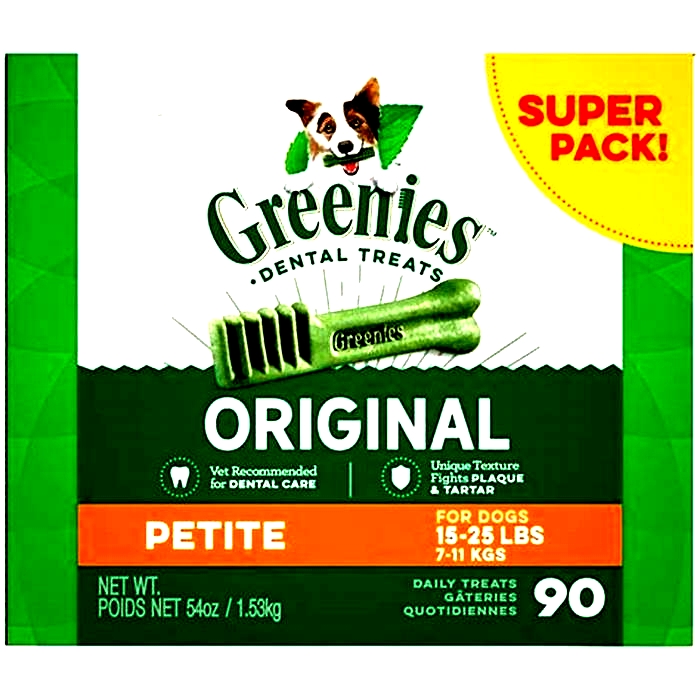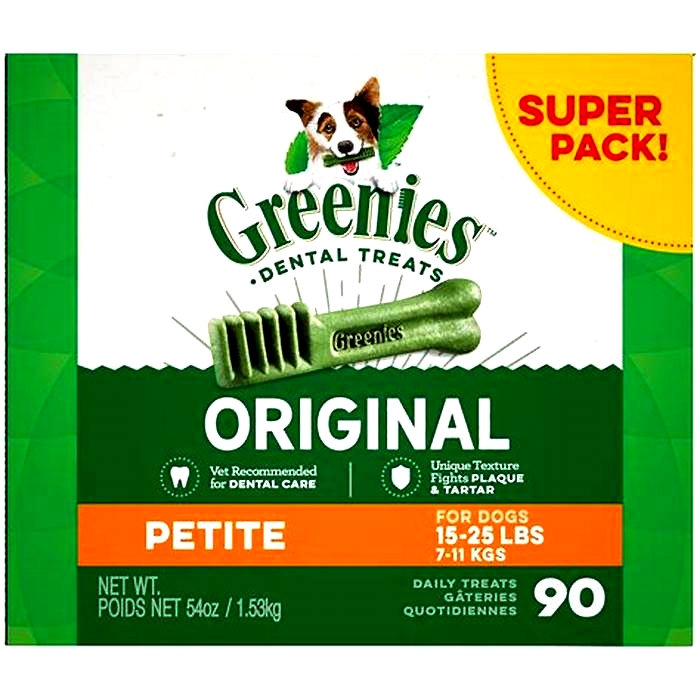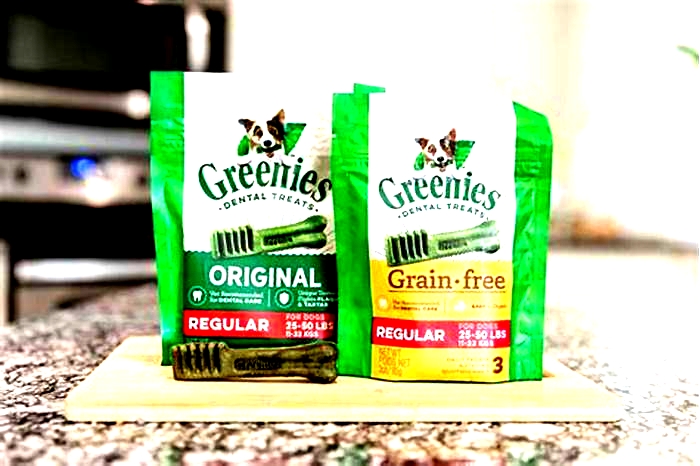can cats have greenies dog treats
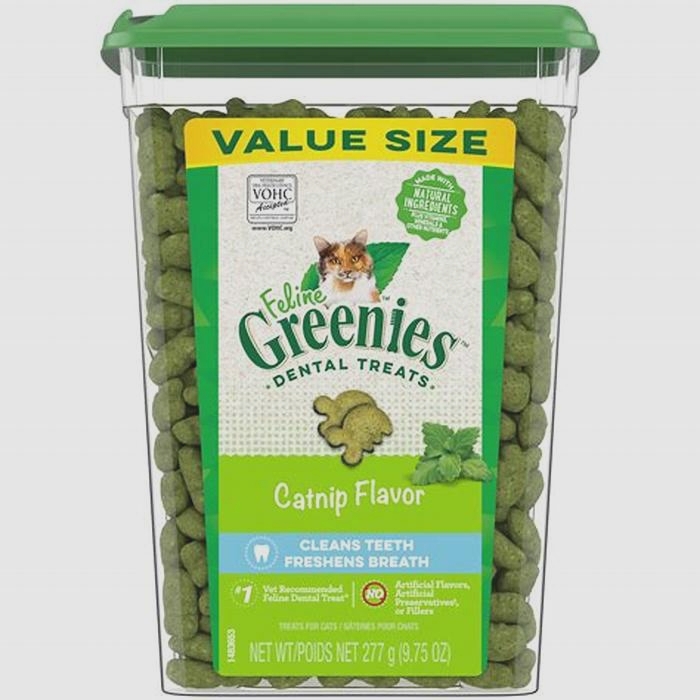
The Great Greenies Debate: Unwrapping the Controversy
Welcome, fellow pet enthusiasts and curious minds! Today, were diving deep into the world of pet dental care, specifically focusing on one of the most debated products in the pet industry: Greenies. Youve probably heard of themthose green, toothbrush-shaped treats dogs and cats go wild for. But behind the enthusiastic crunching, theres a whirlwind of controversy were here to unpack.
Charting the Controversy
Dental Delight vs. Danger
| Factor | Pros | Cons |
|---|---|---|
| Dental Health | Reduces tartar build-up | Misleading benefits for some pets |
| Digestibility | Highly digestible when chewed properly | Risk of blockages if swallowed whole |
| Ingredients | Made with natural ingredients | Potential allergens for some pets |
Popularity Trends vs. Reported Incidents
| Year | Popularity among Pet Owners | Reported Incidents |
|---|---|---|
| 2019 | High | Low |
| 2020 | Higher | Moderate |
| 2021 | Skyrocketing | Increased |
The Meat of the Matter: Navigating the Debate
The Chewy Truth
Greenies are designed to combat plaque and tartar, promoting dental health. Many pet owners report significant improvements in their pets breath and dental hygiene. However, the size and chewing habits of your furry friend play a pivotal role in the effectiveness and safety of these treats.
A Bite-Sized Warning
Not all tails wag the same way, and similarly, not all pets can handle Greenies alike. Cases of gastrointestinal blockages have been reported, predominantly when pets have swallowed large pieces without proper chewing. This raises questions about suitability for all dog and cat breeds, sizes, and ages.
Ingredient Inspection
Made with natural ingredients and boasting a nutritious profile, Greenies seem like the perfect treat. Yet, for pets with specific allergies, they might be less of a treat and more of a threat. Its crucial to scrutinize the ingredient list for potential allergens to your pet.
The Enlightened Path: Tips for Pet Owners
Know Your Pet: Understand your pets chewing behavior and select the size and type of Greenie accordingly.
Supervision is Key: Always monitor your pet when theyre enjoying their treat to avoid any choking hazards.
Allergies Alert: Check the ingredients for anything your pet might be allergic to.
Balance is Best: Treats should not make up more than 10% of your pets daily calorie intake. Greenies are no exception.
Consult the Vet: When in doubt, your vet knows best. A quick consultation can save you a lot of worries.
Conclusion: To Chew or Not to Chew
In the great debate over Greenies, theres no one-size-fits-all answer. They can be both a boon and a bane, depending on individual circumstances. Armed with the right information and a keen eye on your pets reaction, you can make an informed decision. Remember, the ultimate goal is your pets health and happiness. So, chew over the information, consult your vet, and keep those tails wagging safely and healthily!
An Expert Dives Deep into the Greenies Dialogue
Interviewer: Welcome! Today, were peeling back the layers of the Greenies controversy. Weve got an expert with us whos ready to sink their teeth into the matter. Lets dive right in. First off, can you share your initial thoughts on Greenies?
Expert: Absolutely, and thank you for having me. Greenies sit at this fascinating intersection of innovative pet care and consumer caution. Initially designed as a dental health solution, theyve become a household name. However, like any product that gains rapid popularity, theyre scrutinized, and rightfully so. The first thing I think of is the balance they try to strike between being a treat and a health product.
Interviewer: Speaking of scrutiny, there have been reports of health incidents. How do you weigh the benefits against the potential risks?
Expert: Its a complex equation. On one side, we have numerous testimonials praising Greenies for transforming pets dental health, with visibly cleaner teeth and fresher breath. These are non-trivial benefits, given the commonality of dental issues in pets. However, the risk factor, primarily the potential for gastrointestinal blockages, cant be ignored. It emphasizes the importance of responsible pet ownershipknowing your pets chewing habits, supervising treat time, and choosing the right size of Greenie. The product isnt inherently risky; its the context of use that dictates safety.
Interviewer: Thats an insightful perspective. How significant is the role of ingredients in this debate?
Expert: Its pivotal. The ingredient list of Greenies is a double-edged sword. On the one hand, it boasts natural ingredients, which is a big plus for pet owners seeking wholesome options. Yet, the inclusivity stops there. Pets with specific dietary restrictions or allergies could have adverse reactions. This isnt unique to Greenies but is a broader industry issuecreating a product that caters to every pets needs is challenging. Transparency and education around ingredients become crucial here.
Interviewer: With those points in mind, how should pet owners approach Greenies for their pets?
Expert: Thoughtfully and selectively. The key is not to get swayed by marketing or hearsay but to understand your pets health, dietary needs, and behaviors. No two pets are the same; whats a miracle treat for one might be less suitable for another. Always introduce any new treat, including Greenies, gradually, and observe your pets reaction. And, as always, keep your vet in the loop. They can provide tailored advice that neither the internet nor the back of a treat package can offer.
Interviewer: To wrap up, what future do you see for products like Greenies in the pet care market?
Expert: The trajectory for Greenies and similar products is promising but calls for innovation and adaptability. As we become more aware of our pets health needs and as our pets continue to be integral family members, the demand for high-quality, safe, and effective pet products will only grow. The future lies in research, refinement, and perhaps a move towards more personalized pet care solutions. Products like Greenies have opened doors and started conversations; its now about how we evolve those discussions into actions that prioritize pet health and safety above all.
Interviewer: Thank you for such a deep dive into the world of Greenies. Your insights certainly give our readers a lot to chew on.
Expert: It was my pleasure. Heres to making informed choices for the health and happiness of our furry friends!
HELP US PUT FOOD ON THE TABLE
Are Greenies Safe for Cats? Heres What You Need to Know
Greenies have gained popularity among cat owners for their dental health benefits. However, many cat owners have concerns about the safety of Greenies. In this article, we will explore the safety of Greenies for cats and provide you with the information you need to make an informed decision.
What are Greenies and How are They Marketed?
Greenies are dental treats specifically designed for pets, including cats. They are marketed as a way to promote dental health by reducing tartar and plaque buildup, freshening breath, and improving oral hygiene. Greenies are available in different flavors and sizes to suit different cats preferences and needs.
Understanding the Safety of Greenies for Cats
Are Greenies safe for cats? Yes, when used correctly and under veterinary guidance, Greenies are generally safe for cats. However, its essential to understand the ingredients used in Greenies and their potential benefits and risks for cats.
Ingredients
Greenies contain various ingredients, including cereals, proteins, vitamins, and minerals. These ingredients are carefully selected to promote dental and nutritional benefits for cats.
Potential Benefits
- The crunchy texture of Greenies can help scrape off plaque and tartar buildup on the cats teeth.
- Some Greenies contain added enzymes that aid in reducing plaque and freshening breath.
- Greenies are designed to be easily digestible for cats.
Potential Risks
- Some cats may be allergic to certain ingredients in Greenies, such as certain proteins or grains. Its important to monitor your cat for any signs of allergic reactions like itching, vomiting, or diarrhea.
- Cats with sensitive stomachs or digestive issues may experience gastrointestinal upset after consuming Greenies. Slowly introducing Greenies into your cats diet and monitoring their response can help minimize any potential problems.
Scientific Studies and Expert Opinions
Scientific studies evaluating the safety and effectiveness of Greenies for cats are limited. However, anecdotal evidence and expert opinions from veterinarians and dental experts suggest that Greenies can be beneficial to a cats oral health routine when used correctly.
Tips for Safely Using Greenies with Cats
To ensure the safe use of Greenies for your cat, consider the following tips-
Proper Feeding and Portion Control
- Follow the feeding guidelines provided by the manufacturer to ensure youre giving your cat the appropriate amount of Greenies.
- Monitor your cats weight and adjust the portion size to prevent overconsumption.
Supervision During Chewing
While Greenies are designed to be easily digestible, its still important to supervise your cat while they chew on the treat. This can help prevent choking or any potential hazards.
Consulting a Veterinarian
If you have concerns about feeding Greenies to your cat, especially if your cat has specific health conditions, its always best to consult your veterinarian. They can provide personalized advice and guidance based on your cats needs.
Alternatives to Greenies for Cat Dental Health
If you prefer to explore alternative options for your cats dental health, consider the following-
Other Dental Treats
Other dental treats specifically designed for cats offer similar benefits to Greenies. Look for treats that have undergone veterinary testing and contain ingredients beneficial for dental health.
Teeth Brushing
Regular teeth brushing is an effective way to maintain your cats dental health. Consult your veterinarian on properly brushing your cats teeth and choose cat-friendly toothpaste.
Professional Dental Cleanings
Professional dental cleanings performed by a veterinarian may be necessary for cats with severe dental issues. Discuss with your veterinarian whether your cat could benefit from a dental cleaning.
Conclusion
When used correctly and under veterinary guidance, Greenies are generally safe for cats. The ingredients used in Greenies can provide dental and nutritional benefits for cats. However, its important to monitor your cat for any allergic reactions or digestive issues. Remember to consult your veterinarian for personalized advice and consider alternative options if you have concerns about using Greenies.
Ultimately, maintaining your cats dental health is essential for their overall well-being.
Can Cats Eat Dog Greenies? (Answered!)
The answer is no, they should not!
Dog Greenies contain ingredients that may harm a cats health, such as wheat gluten, corn syrup solids, animal digestion, and artificial colors.
These ingredients could cause digestive issues or even an allergic reaction for your feline friend.
Additionally, some flavors, like chicken liver flavor, might make them sick if ingested by cats due to their sensitive stomachs. So, its best to avoid giving any treats meant specifically for dogs including greenies to your kitty companion!
In conclusion: Cats cannot safely consume dog greenies because these snacks have unhealthy additives, which can lead to serious medical problems in felines
so keep those doggy treats away from curious paws!
Can Greenies Cause Blockage In Cats?
Yes, greenies can cause blockage in cats.
Greenies contain ingredients like wheat gluten and corn starch, which dont break down easily when swallowed by a cat.
If these pieces get stuck in the intestines or stomach of your pet, they can form an obstruction known as a blockage.
Symptoms include vomiting, diarrhea, loss of appetite, and lethargy.
Here is what you should do if you think your cat has eaten too many greenies:
- Take them to the vet immediately for diagnosis;
- Monitor their food intake closely;
- Make sure all other pets have access to fresh water at all times;
- Feed smaller meals more frequently throughout the day instead of one large meal once per day;
- Avoid giving any treatment until after consulting your veterinarian about it first!
Its important to remember that while some cats may tolerate small amounts without issue, others could experience serious health complications from eating too much
so always use caution when feeding anything new or different than usual diet foods/treats.
Are Dog Treats Toxic To Cats?
No, dog treats are not toxic to cats.
However, pet owners must know the ingredients in their pets food and snacks.
Dog treats often contain high levels of fat or sugar that can cause digestive issues if consumed by a cat.
Additionally, some flavors may include spices such as garlic or onion, potentially harming your feline friends health over time due to toxicity concerns.
Here are some tips on how you can keep your kitty safe:
- Read labels carefully look out for potential allergens like wheat gluten or dairy products; avoid artificial colors/flavors and preservatives when possible.
- Choose natural options with limited ingredients (e.g., freeze-dried meats)
- Avoid giving large amounts at once start small to know what works best for them!
Overall, feeding dogs treats to cats isnt an immediate danger.
However, they should still be avoided whenever possible since these items arent designed specifically with felines in mind
therefore, might have unexpected consequences down the line!
Can Cats Eat Dental Treats?
Yes, cats can eat dental treats!
Dental treats help keep your cats teeth and gums healthy.
They come in various shapes, sizes, and flavors that appeal to cats:
- Fish-shaped chews
- Crunchy kibble with added enzymes for plaque control
- Soft chew stick made from natural ingredients like chicken or beef liver
Here are some important facts about feeding your cat dental treats:
- Dental treatment should be given as part of an overall oral health plan brushing is still the best way to maintain good oral hygiene for pets.
- Always check with your veterinarian before introducing any new food into their diet especially if they have existing medical conditions such as diabetes or kidney disease, which may require special dietary considerations regarding snacks/treats.
- Look for signs indicating whether your pets treatment has been enjoyed (eats quickly without chewing). So you know how often these need replacing over time due to wear and tear during the consumption process).
- Make sure theres plenty of fresh water available at all times.
Are Greenies Dental Treats Safe For Cats?
Greenies Dental Treats are popular for cats, as they help reduce plaque and tartar buildup.
They come in different sizes and flavors that appeal to most felines.
However, it is important to note that these treats should only be given under the supervision of your veterinarian or pet nutritionist due to the potential risks associated with them:
- Greenies contain high levels of fat, which can lead to obesity if fed too often;
- The texture may cause choking hazards;
- Some ingredients, such as wheat gluten, have been linked with allergies in some cats;
- Excessive consumption could result in digestive issues like vomiting or diarrhea.
- Despite this, there are many benefits when used correctly:
- Helps keep teeth clean by removing plaque and tartar buildup;
- Contains essential vitamins and minerals needed for overall health;
- Low-calorie treat option compared to other snacks on the market.
In conclusion, while Greenie dental treats offer numerous advantages, owners must use caution when feeding their cats these products.
It is best practice always consult an expert before introducing any new food into your felines diet!
Can Cats Eat Dog Ice Cream?
No, cats cannot eat dog ice cream.
Dog ice cream is made specifically for dogs and contains ingredients that are not safe or healthy for cats to consume.
For example, some brands of dog ice cream contain xylitol which can be toxic to felines if ingested in large amounts
other flavors may include dairy products such as yogurt or peanut butter which could cause digestive issues like vomiting and diarrhea due to lactose intolerance, common among many cat breeds.
Additionally, most canine-specific frozen treats have a high sugar content, which should be avoided when feeding your feline friend!
Cats need special nutrition tailored just for them, so its important they dont get any snacks meant only for their four-legged friends!
Heres what you can feed your kitty:
- Wet food this provides essential nutrients and hydration.
- Dry food look for grain-free options with no artificial colors/flavors
- Treats (in moderation) try freeze-dried meats without added sugars/fillers.
My Cat Wont Eat Prescription Food
My cat wont eat prescription food!
Its a real problem.
He loves his regular kibble, but the vet prescribed something different for him, and he wont touch it.
Ive tried everything: mixing wet food, adding treats to make it more appealing nothing works!
Here are some of the things that havent worked so far:
- Adding tuna or salmon no luck;
- Mixing with canned pumpkin nope;
- Trying different flavors like chicken and beef stew still not interested;
- Even trying warm water on top didnt do anything.
- The most important thing is ensuring my cat gets all the nutrients he needs from his diet, which means getting him to eat this special prescription food is essential.
- So now Im looking into other options, such as supplements and vitamins that can help fill any nutritional gaps if needed until we figure out how to get him eating again properly.
Why Wont My Cat Eat Prescription Food?
Cats can be picky eaters, and its not uncommon for them to refuse prescription food.
There are several reasons why your cat may not want to eat the prescribed diet:
- Taste Cats have sensitive taste buds that dont always appreciate a change in their regular meals. The new flavor of the prescription food might take some getting used to!
- Texture Some cats prefer wet or dry foods over one another; if youre trying out a different type than what they usually get, this could also affect how much they like it.
- Smell If an unfamiliar smell comes from the new food, your cat will likely avoid eating it altogether, as cats rely heavily on the scent when deciding whether something is edible.
- Stress A sudden diet switch can cause stress, leading many cats to refuse any meal until things settle down again, with time and patience being key factors here too!
Changes such as moving house or introducing other animals into its environment can also lead to similar reactions.
Please make sure everything else around them remains stable before attempting anything drastic dietary-wise.
In conclusion, while switching up your pets diet isnt easy it doesnt mean impossible either!
With enough trial and error (and maybe even treats!), you should eventually find something suitable for both yourself and the kitty alike
What To Do If Your Cat Wont Eat Prescription Food?
If your cat doesnt eat prescription food, there are a few things you can do:
- Try mixing the prescribed diet with their regular food this may make it more palatable for them;
- Offer small amounts of wet or canned foods as treats throughout the day to encourage eating;
- Make sure that they have access to fresh water at all times and keep an eye on how much they drink each day;
- Talk to your vet about adding supplements such as probiotics or digestive enzymes, which could help improve digestion and appetite in cats who dislike certain diets; 5.
Consider switching brands if possible different flavors might be more appealing than others!
Finally, try not to worry too much.
Some cats take longer than others when transitioning onto new diets.
But eventually will come around, given enough time and patience from their owners!
Wrapping up: Can Cats Eat Dog Greenies?
In conclusion, cats should not eat dog Greenies.
Cats have different dietary needs than dogs, and the ingredients in these treats are designed for canine health.
Additionally, cat owners must know that some ingredients can cause digestive issues or toxicity if felines ingest them.
Furthermore, it is important to remember that cats may find them appealing due to their flavor. Still, they do not provide any nutritional benefits for our feline friends.
Therefore, feeding your pet a treat made especially with her species needs in mind would be much more beneficial!
Ultimately, when considering what snacks you give your kitty companion, make sure its something safe and healthy like specially formulated cat treats!

